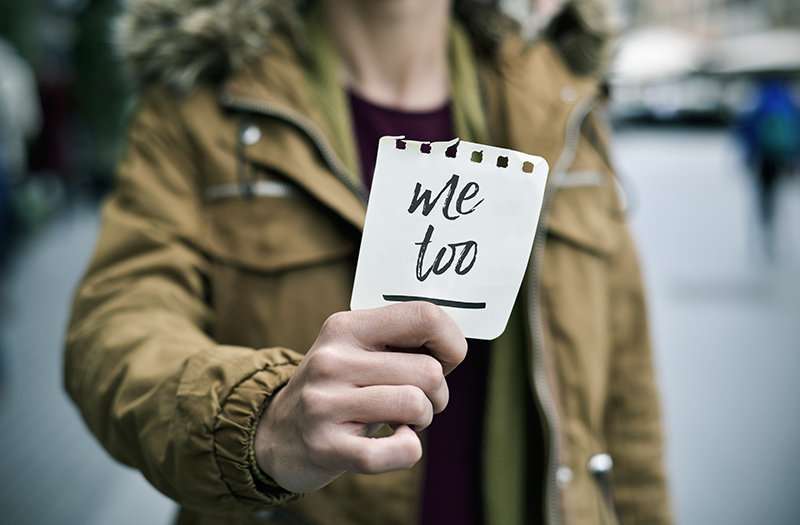Delayed reporting of sexual assault is no reason to discredit the accuser

Recent years have seen an explosion of accusations from individuals who have experienced harassment in the workplace or sexual victimization in other settings. On many occasions, the disclosures concerned incidents that took place decades ago. These delays in reporting have raised doubts among some regarding the veracity of the claims. In some cases, political motivations have been alleged. However, my own personal and professional experiences would suggest that these delays are both understandable and predictable.
In the mid-1980s, I was appointed to the Office for Civil Rights (OCR), the agency within the United States Department of Education that enforces laws prohibiting discrimination in programs that receive federal funding. It is the same office that Clarence Thomas, with Anita Hill as his key adviser, directed from 1981 to '82. I arrived shortly after they had both moved to the Equal Employment Opportunity Commission.
I was fortunate to be supervised by a group of idealistic, talented and driven professionals. Still, I was exposed to several instances of men and women in the department interacting in ways that were not always appropriate.
I did not completely understand the implications of the norms to which I was being exposed. One of the moments that later proved to be clarifying was the confirmation of Clarence Thomas to the U.S. Supreme Court. I listened with horror as Anita Hill described her experiences. Her testimony was consistent with the environment I had witnessed at OCR.
In the years after Thomas' confirmation hearings, I completed my doctoral training in clinical psychology. I am now associate professor of psychology and director of clinical training at USC Dornsife. (Coincidentally, Christine Blasey Ford, who recently went public with allegations of sexual misconduct against U.S. Supreme Court nominee Brett Kavanaugh, earned her own psychology Ph.D. at USC in 1996.) Much of my career has been concerned with understanding the effects of violence and victimization. As a clinician, I've worked with hundreds of survivors of sexual assault and other forms of violence. As a researcher, I've examined the effects of exposure to violence in the home, school and community.
Something that initially startled me was the silence of many of the victimized individuals I encountered. The data has always suggested that most women who survive sexual assault will never pursue justice against their attackers. My own clinical experiences were consistent with these findings. In some cases, transforming events eventually forced clients to come forward. In most of those cases, though, their reports were met with denial and skepticism.
The reasons that many victims choose not to disclose their experiences have to do with the dynamics of trauma and sexual violence. Sex assault victims often experience overwhelming fear, pain, self-doubt and shame. They find themselves embedded in a culture that commonly discounts their experiences and excuses the behavior of their assailants. They may continue to fear for their own safety and face real dangers if they come forward.
An example of how powerful men suppress disclosure occurred in the months before the 2016 election. Then presidential candidate Donald Trump was accused of sexual assault by multiple women. His eventual response was to assure the public that he would launch lawsuits against the women whom he had allegedly assaulted. In effect, he was attempting to use threats of economic violence to silence his accusers.
More recently, we can look at Ford's experiences as she revealed during Kavanaugh's confirmation hearings the details of her own violent victimization. She has been met with death threats, constant attacks on social media and scornful remarks from public officials (including comments from the president himself). Ford has been victimized once again by a culture that promotes and embraces sexual violence.
I do not know for sure what Ford experienced in her high school days. Nonetheless, I can recognize remarkable bravery when I see it. Ford has risen above her personal pain and confronted trauma in order to protect the sanctity of our country's highest court. In the end, I suspect that Kavanaugh will be confirmed just as Thomas was. I also believe that history will eventually recognize Ford's heroism, and she will one day be viewed as a courageous patriot.
Provided by University of Southern California




















